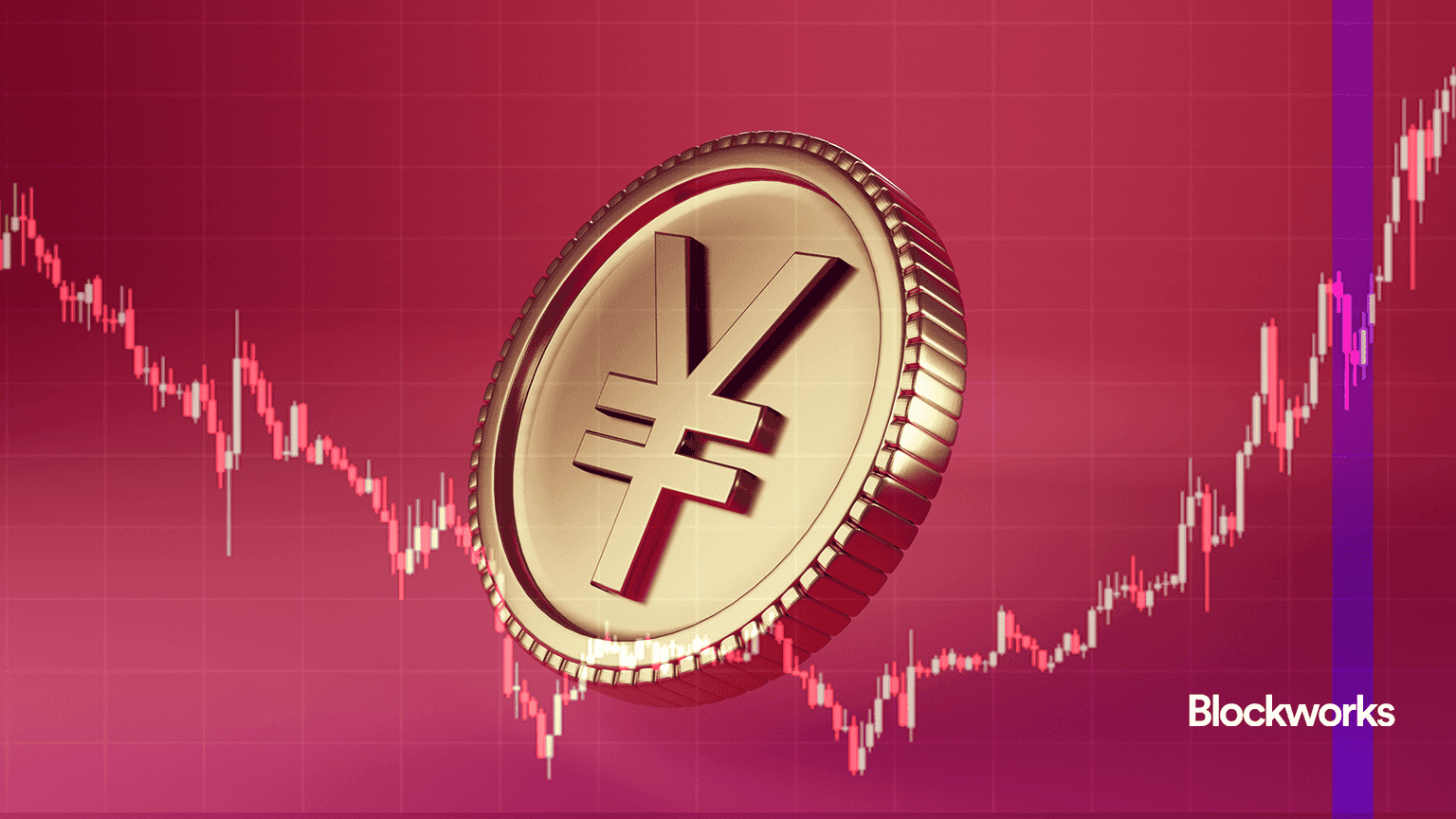GameFi Projects Want To Become as Timeless as Chess: Alliance DAO Contributor Says
Alliance DAO’s Will Robinson breaks down what he expects to see next in blockchain gaming and where today’s excitement lies.

Alliance DAO Core Contributor Will Robinson | Source: LinkedIn
- Despite the bear market, GameFi is dominating venture capital interest
- But there are some teething problems that venture capitalists face
The growing GameFi sector accounts for a significant chunk of blockchain investments. Related projects have shown a 194.2% jump in funding in the first quarter this year, dominating other subsegments underpinned by decentralized technology.
Although well-known projects such as Axie Infinity have bled players in recent months, over a million people are still active in the market every day.
Learn more: Can GameFi Still Unlock the Metaverse?
The continued interest in the sector may explain why early-stage investment firm Konvoy Ventures rolled out a $150 million fund for budding gaming companies this month. Animoca Brands and Republic Capital have also recently poured money into the gaming community.
Blockworks caught up with Will Robinson, core contributor at Alliance DAO, for his take on what’s keeping the sector alive during the bear market. Robinson, who holds a doctorate in video game design, said the noise around Axie and move-to-earn app Stepn has had a delayed effect and he believes now is the time to deploy capital in the space.
Blockworks: Are people still excited about playing to earn?
Robinson: I think the realization that people were playing to earn made them become a withdrawal source from the ecosystem. The ecosystem creates value, and people should come in and pay for that value. The idea is some players would be able to extract some value. But not everybody can come to extract value, that would make the game a full loss leader.
The thought in play-and-earn is to reproduce that model, where some people are going to be these whale players who love the game, whose identity is tied up with the game, who don’t care about money because they are born rich or they made lots of money. So they inject capital into the system, and the rest of the players can pull some capital out but share revenue with the team.
Blockworks: Which is the oldest GameFi project?
Robinson: There are some really old ones that you might not want to count, like Satoshi Dice, which is about rolling dice on bitcoin — just really basic. And then there are some really old Ethereum experiments like King of Ethereum, where you put money in the contract, and if someone puts more, they become the king of Ethereum and you get a discount back on your capital. The contract was vulnerable. It got robbed twice because of the same vulnerabilities, no one patched it. But I think the real original example was the CryptoKitties game in 2017.
Blockworks: Do you see GameFi projects as having a shelf life?
Robinson: They want to be like chess, or StarCraft, or World of Warcraft. They want to grow and evolve. But there’s a fundamental challenge there. For instance, World of Warcraft keeps reinventing itself. It’s very centralized and very coordinated. It’s at odds with the idea of on-chain game design.
Think about Vitalik’s famous reason for why he created Ethereum. Essentially, World of Warcraft nerfed the power of one of the spells he really liked and he thought it’s not fair that someone has total control over this game when it’s so important to his life. So, in his mind, Ethereum was meant to solve centralized game design.
Blockworks: Where do you see the GameFi industry headed?
Robinson: Things that are complicated now are going to become simpler. Things that are slow now are going to become faster. And if you invest now, the hope is you invest before anybody notices and get to ride this extremely powerful new feature that we get to introduce to games. But it’s really hard. You have to do a lot of research, you have to think carefully to find who are the good founders that are going to do this. Venture capitalists have to risk it in places where they think there’s a lot of upside, a chance to change the world. There’s lots of excitement from the best investors, but there are no clear people or projects yet that are accepting investment that would be good.
I think composability in gaming is getting bigger. We just had a good hackathon out of StarkWare on composable games. I keep yelling about it on Twitter hoping people will listen, and sometimes they do.
This interview has been edited for length and clarity.
Get the news in your inbox. Explore Blockworks newsletters:
- The Breakdown: Decoding crypto and the markets. Daily.
- 0xResearch: Alpha in your inbox. Think like an analyst.






